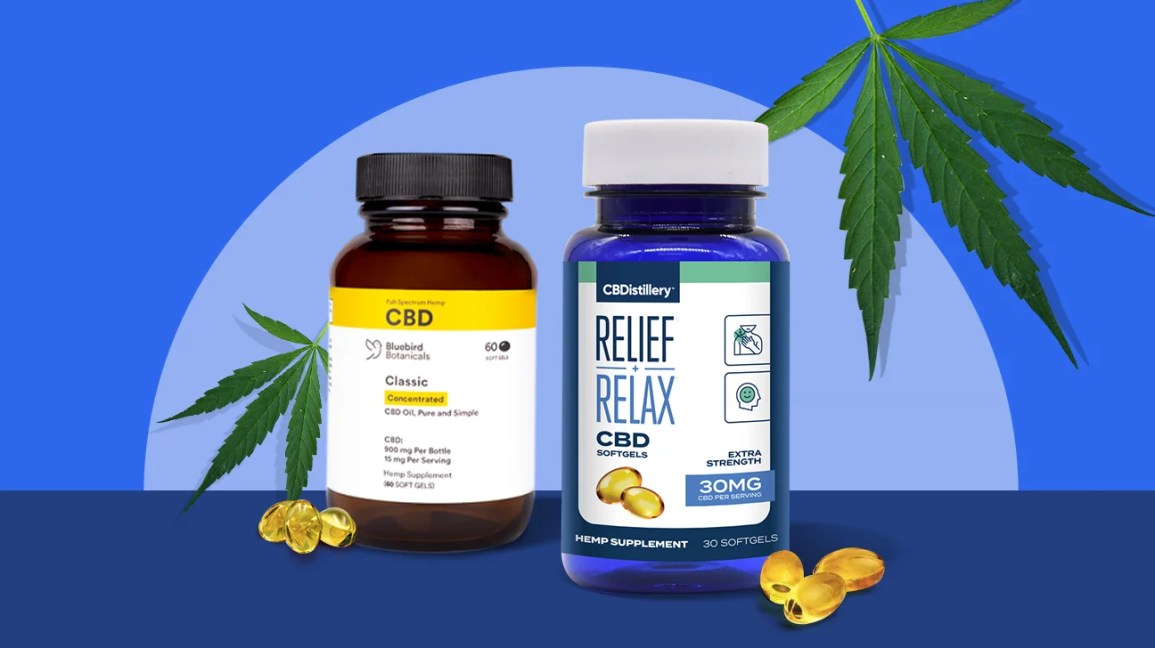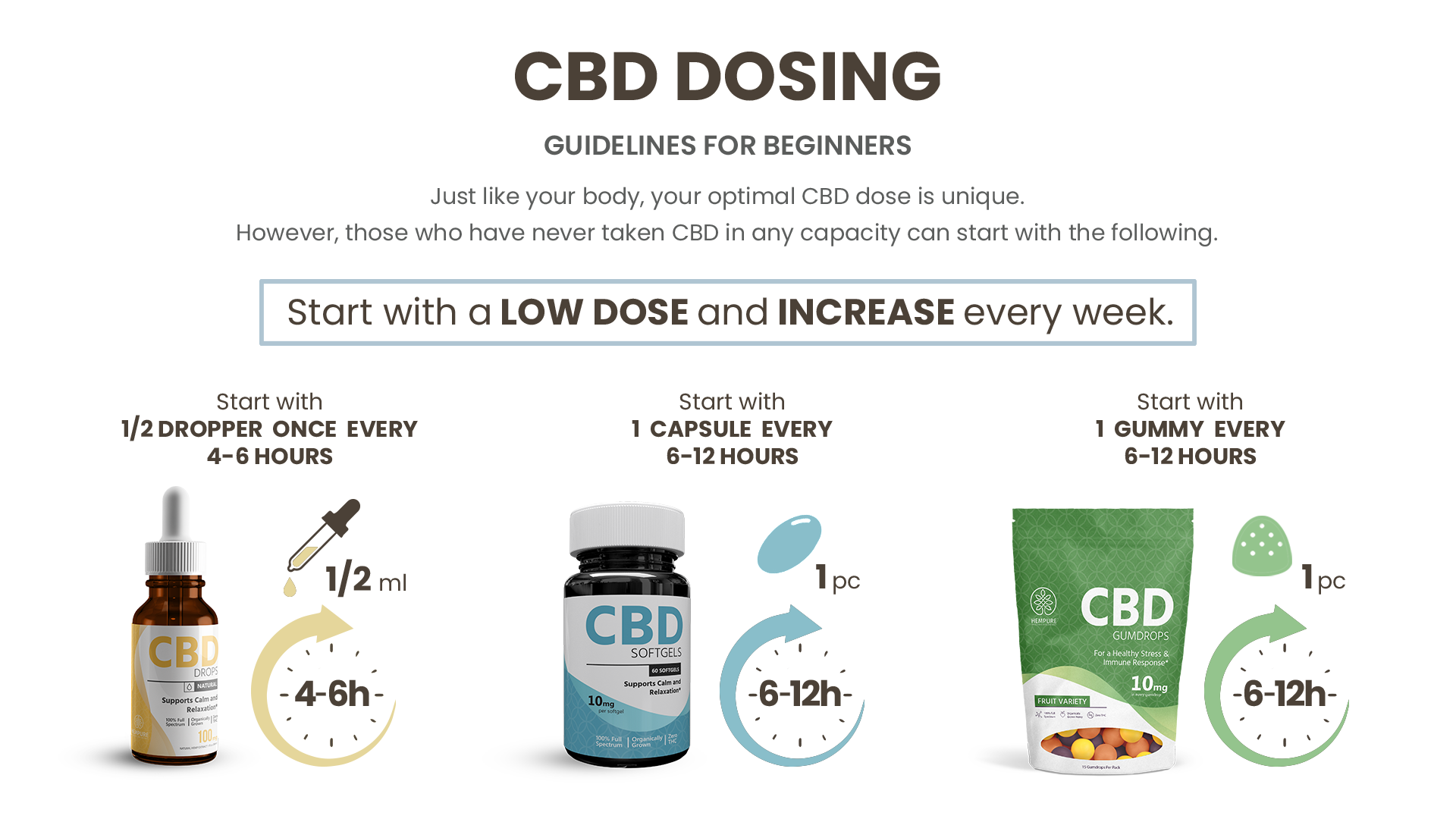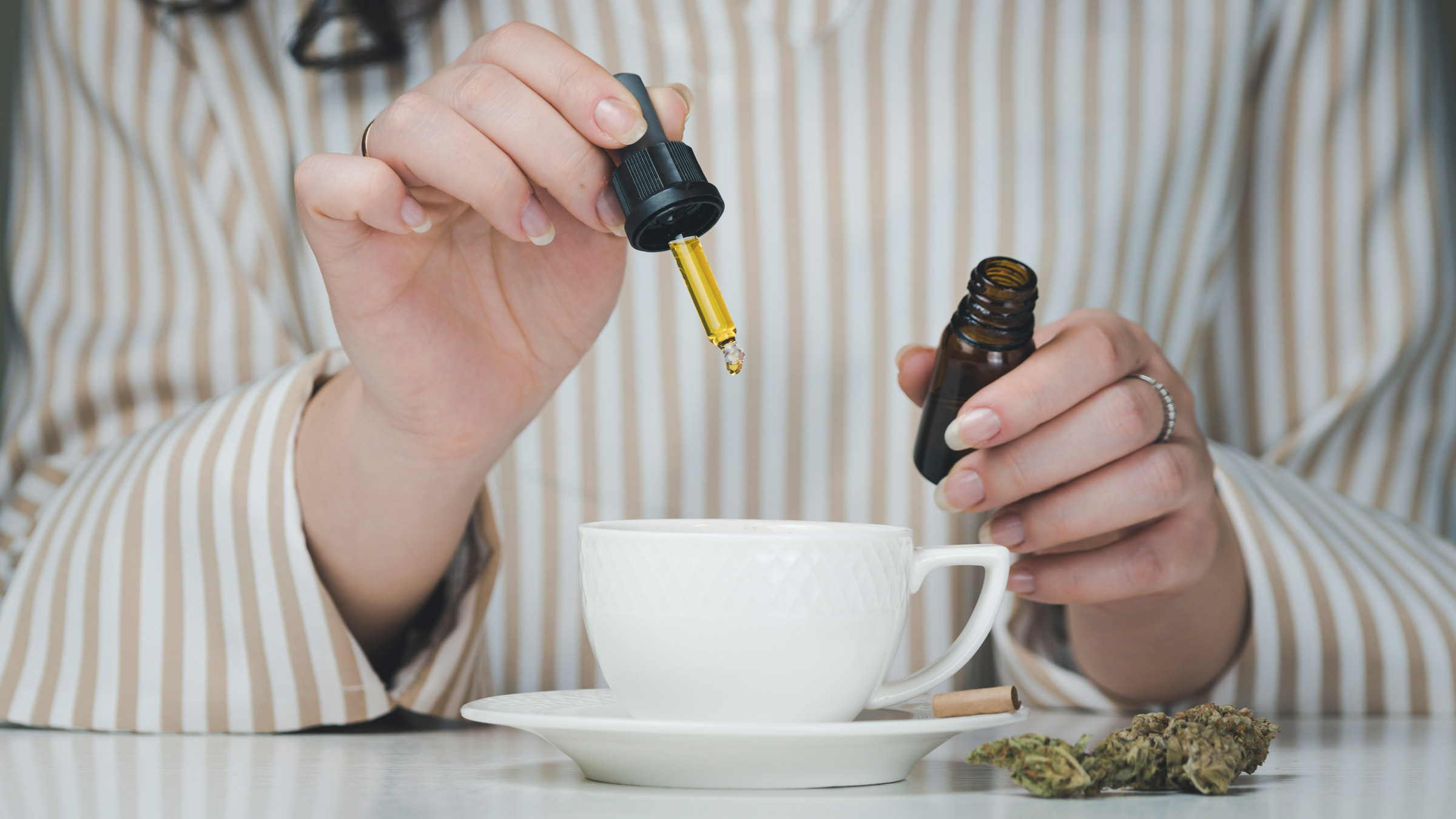
If CBD oil is something that you have been considering purchasing, it's likely you are wondering what to look out for. While all CBD oil has its own benefits, not all CBD products are created equal. Third-party laboratory results are essential for accurate information on oil content. These results will reveal not only the cannabinoids but also any contaminants. South Africa is the only country where CBD products can legally be purchased. The maximum THC content in South Africa is 0.001%.
Full-spectrum CBD oil contains zero THC
Full-spectrum CBD products are low in THC. This is beneficial for those who are worried that traces of THC could show up on a drug test. THC can be detected in CBD from hemp. However, this should not result in a positive test. The plant contains less then 0.3 percent THC. THC is not harmful, however, CBD products that are full-spectrum contain some THC.

Full-spectrum CBD CBD products may contain trace amounts of THC despite not having psychoactive effects. However, these traces are very minimal. THC levels in full-spectrum products are often lower than 0.03%. Additional components in full-spectrum CBD products include essential oils and flavonoids as well as terpenes. To find the best product for you, it is crucial to carefully read the label.
Broad-spectrum CBD oils contains terpenes, and other minor cannabinoids
A broad-spectrum CBD oil contains all the cannabinoids in the cannabis plant, except THC. The broad-spectrum CBD products include a large number of beneficial compounds such as CBD, terpenes, and other cannabinoids. Different people will experience different benefits depending on their health history, lifestyle, and physiology. A broad-spectrum product might be best for some people. Others may be sensitive or unable to tolerate the psychoactive effect.
This process takes out everything but the cannabinoids that interest you from cannabis plants. You are left with only the terpenes or flavonoids. This CBD oil is sometimes called full-spectrum CBD. Full-spectrum CBD oil has 99.9% purity and is often referred to as a broad-spectrum product.
Isolate CBD oil contains terpenes & other minor cannabinoids
The two types of CBD can be compared by noting the differences in their amounts. Full-spectrum CBD has more compounds than isolate CBD. As such, it is less likely that the product can pass drug testing at work or undergo workplace drug screening. CBD isolate is not as beneficial as other cannabinoids.

There are a number of reasons to use isolate CBD oil. It should not contain THC. This is the psychoactive part of cannabis. The CBD in isolates should not make you 'high', since there are no FDA regulations for hemp products. Some isolates might contain impurities. You should always read the label before you purchase CBD.
FAQ
What's the future for the CBD industry?
The future of CBD is bright. It's easy to see why so many people are jumping on board with this sector. This market is expanding exponentially with CBD products being purchased globally at a total of $1 billion.
Statista reports that in 2019, global sales of CBD (cannabidiol) are expected to exceed $22.4 Billion. That's an increase of almost 200% from 2018!
The CBD market is also predicted to grow at a compound annual growth rate of 22.5%, which equates to nearly $6.8 billion in revenue by 2022.
This is great news for companies looking to enter this space as well as those already operating in the sector. However, we must be aware that the CBD market is still very much in its infancy and will face some challenges along the way.
Is there any evidence that CBD helps with anxiety?
CBD oil is an effective treatment for anxiety. This happens because it interacts to certain brain receptors called CB1 (and CB2), respectively. The endocannabinoid systems regulates mood and stress response.
When we feel anxious, our bodies release chemicals that activate the CB1 receptor. This receptor triggers the amygdala and is responsible to emotional processing.
When the CB1 receptor is blocked, the amygdala doesn't receive the signal to process emotions. CBD users experience less negative emotions.
In 2017, a study showed that CBD can reduce anxiety in people with social phobia. Another study revealed that CBD helped reduce symptoms of PTSD.
An 2018 review found that CBD is anxiolytic and can help with generalized anxiety disorder.
Another study suggested that CBD may also help to reduce panic attacks.
Multiple studies have proven that CBD can actually increase anxiety levels in mice.
The discrepancy found between the animal results and human data might be due to differences of how CBD affects humans and animals.
There are no long-term safety studies available for CBD. Most experts agree that CBD can be safely used when it is directed.
What does CBD's price vary in different states?
Prices for CBD products are dependent on where you live. You can even find prices that are more than 10 times higher in some places!
The general rule of thumb is that prices rise the farther north you travel. In Alaska, CBD is $35 per gram on average, while it costs $200 in Hawaii.
This trend is continuing across the country. Prices range from $5 to over $2,500 per gram.
This is what's the deal?
Prices vary because of different levels of regulation. Some states require CBD products to contain minimal THC (the psychoactive element of marijuana). Other states don’t care about how much THC is in CBD products.
Some companies sell products in one state, and then ship them to another.
Is the CBD industry growing?
Yes. This growth is expected to continue as legalization expands across North America. This year alone, Canada legalized recreational cannabis use, while several states have passed medical marijuana laws.
As more states adopt legislation that allows medicinal marijuana access, this trend is likely to continue at least for the next decade.
From an economic standpoint, legalizing marijuana is also sensible. Legalizing pot can provide many benefits, not only for farmers but also for the general public.
It could, for example, help lower crime rates by decreasing the availability of illegal drug. It could also provide a source of tax revenue for governments.
As legal weed becomes more popular, many people will choose to reduce their alcohol consumption. This would mean fewer hangovers and lower health care costs.
For chronic pain patients, marijuana may even improve quality of their lives. Many believe THC, the active component in marijuana, is responsible for relieving symptoms like muscle spasms or nausea that can be caused by chemotherapy.
It is possible that marijuana could be used to treat mental disorders such as anxiety or depression. In fact, some studies suggest that marijuana can even treat schizophrenia.
Even though the CBD sector looks bright, there are still many challenges.
What CBD products are the most popular?
CBD products are everywhere these days. These products are being used to treat everything, from anxiety to pain relief. The market is vast and growing rapidly.
But what are people buying CBD oil for? This is how it affects brand owners.
Well, according to Statista, CBD products are being bought for their relaxing effects. They are also used for their anti-inflammatory properties.
This means that your product can be sold for medicinal or recreational purposes if it contains CBD and THC.
What about brands that focus on a specific purpose? It won't be able to compete if it sells CBD for pain relief.
Furthermore, a brand who focuses on CBD-based medical uses will be able to attract a lot of customers.
However, if a brand wants to target recreational users, then they need to create a unique selling proposition (USP). A USP is basically a feature or benefit that sets a brand apart from competitors.
For example, certain brands offer free shipping. Others offer discounts for bulk orders.
Is the CBD market saturated or not?
The CBD industry is experiencing a growth rate of over 25% annually. This growth is expected not to stop for at least five more years. According to industry projections, it will grow from $2 billion to $5 billion by 2020.
Two companies dominate the CBD market: GW Pharmaceuticals (Canndoc Ltd) and Canndoc Ltd. Both companies are focused on the development of pharmaceutical-grade CBD products. Both have not been very successful to date. They are both struggling to gain traction in the marketplace.
Cannabidiol (CBD) is an extract of cannabis that contains less than 0.3% THC. It does not produce any psychoactive effects. It is used to treat epilepsy and other conditions. It can also be used as a dietary supplement.
There are many kinds of CBD products. Some CBD products are made from whole plant extracts while others contain CBD.
These products share one common feature: they all contain low levels of THC.
They are now legal under US federal laws. But, you still have to adhere to local laws when selling CBD products. You should always check with your state's regulations regarding the sales of CBD products.
Additionally, CBD products in some states are illegal. These include California. Colorado. Florida. Mississippi. Missouri. New York. North Carolina. Ohio. Oklahoma. Oregon. Rhode Island. South Dakota. Texas. Utah. Virginia. Washington.
You will want to stay clear of CBD products if you are from one of these states.
Statistics
- While the primary injury may not be treatable, interventions that attenuate secondary sequelae are likely to be of benefit [203].Only one study (ncbi.nlm.nih.gov)
- CBD seems unlikely to directly influence sleep in healthy humans [115] (and maybe “sleep-promoting” in those with certain comorbid conditions) (ncbi.nlm.nih.gov)
- A recent study [161] also found that in vitro CBD treatment (i.e., ≤ 2 h exposure to 10 μM) induced ~40% vasorelaxation in isolated (pre-constricted) (ncbi.nlm.nih.gov)
- HR −16 mmHg; 95% CI −26, −6; I2 = 92%) (ncbi.nlm.nih.gov)
- The inhibition of FAAH is predicted to lead to an increase in brain and plasma concentrations of AEA, which acts as a partial agonist at CB1R and CB2R, thereby increasing endocannabinoid tone [92, 110]. (ncbi.nlm.nih.gov)
External Links
How To
How to become certified for selling CBD products
CBD (cannabidiol), a cannabinoid found in cannabis plants, is just one of the many. It's been used medicinally throughout history, including traditionally in China, India, and many South American countries. Its ability to treat anxiety, pain and epilepsy has led to it becoming increasingly popular in recent years. But if you want to start selling CBD products, there's no official certification program available yet -- at least not in the U.S. That means anyone who wants to make money off their own line of CBD products has to rely on the "unofficial" process of self-certification.
There are two ways to go about this. The first way is to join an association of local cannabusiness owners. This allows you to network with other owners and get advice and support. There are currently dozens of associations around the country. Second, you can go online. Many states allow canna businesses to operate online. If you have the permission, you can start accepting orders and set up your website. You must register with the Department of Public Health in your state. After you have registered, you can apply for a license from your state's Department of Public Health. After you have received your license, your store is officially open and you can begin taking orders.